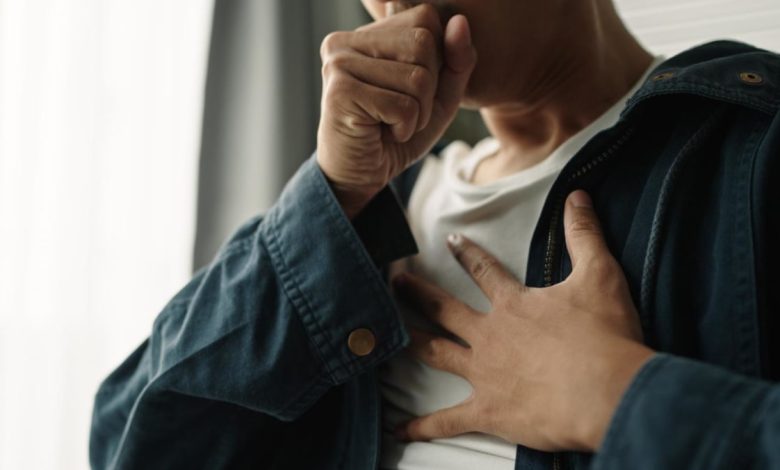Can a non-smokers get lung cancer? What are the symptoms?

What’s also worrying is that lung cancer is often symptom-less (no coughing or any of the abovementioned signs) in the early stages, making it difficult to detect. Among the 8,955 men and women diagnosed with lung cancer between 2017 and 2021, 60 per cent were discovered to have Stage 4 cancer, according to the latest Singapore Cancer Registry Annual Report.
By then, the cancer could have spread to other parts and present as bone pain or tenderness, drooping eyelid, facial paralysis, shoulder pain and difficulty swallowing.
If you’re stifling a cough while reading this, here’s further information on why lung cancer can occur in non-smokers and what you can do to stay vigilant.
WHAT IS LUNG CANCER?
Fundamentally, your DNA goes into overdrive and churns out a lot more lung cells than needed very quickly. This results in a mass called a tumour, which can invade and destroy healthy lung tissues, according to Mayo Clinic.
Inhaling cigarette smoke exposes your lungs to many cancer-causing substances, noted the website. At first, your body is able to repair the damage. But with each repeated exposure, more healthy cells get damaged and causes them to change and eventually become cancerous.
There are generally two categories of lung cancer: Small cell lung cancer and non-small cell lung cancer.
The first group usually only includes heavy smokers who have smoked for years; the other category encompasses several types of lung cancer, including squamous cell carcinoma, adenocarcinoma and large cell carcinoma.
WHAT IS CAUSING LUNG CANCER IN NON-SMOKERS AND EVEN NEVER-SMOKERS?
A family history certainly plays a part, particularly if you have a first-degree relative such as a parent, sibling or child who has lung cancer, said Dr Toh.
Interestingly, exposure to the fumes of cooking oil was found to be a strong risk factor as well, according to a two-year study involving 328 non-smoking women by Saw Swee Hock School of Public Health and the Duke-NUS Graduate Medical School.
It was discovered that those who cooked at home more than five times a week had higher levels of potential cancer-causing agents in their urine than those who didn’t cook.

